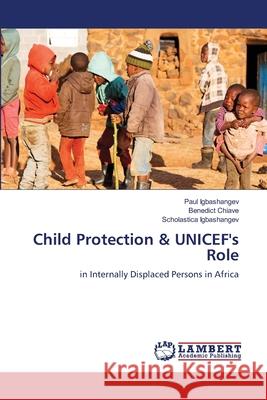Child Protection & UNICEF's Role » książka
Child Protection & UNICEF's Role
ISBN-13: 9786207995868 / Angielski / Miękka / 2024 / 100 str.
UNICEF has played a crucial role in addressing child protection issues among internally displaced persons (IDPs) in Africa. Despite facing challenges such as unpredictable security situations and poor communication, UNICEF has deployed various strategies to mitigate child protection risks in IDP camps. The study found a prevalence of child protection risks in IDP camps, including physical injury challenges, inadequate parental care, sexual molestation and abuse, and lack of access to basic necessities such as shelter, food, water, and clothing. UNICEF has responded by providing general care for the wellbeing of children in the camps and ensuring adequate provision of health needs, shelter, clothes, potable water, places of convenience, basic education, and other resources. The study emphasizes the need for the government to take proactive measures to prevent conflicts that lead to displacement, thereby reducing the likelihood of such events occurring in the first place. By addressing the root causes of displacement and strengthening child protection mechanisms, the government can work alongside UNICEF to ensure the safety and well-being of children in IDP camps.











